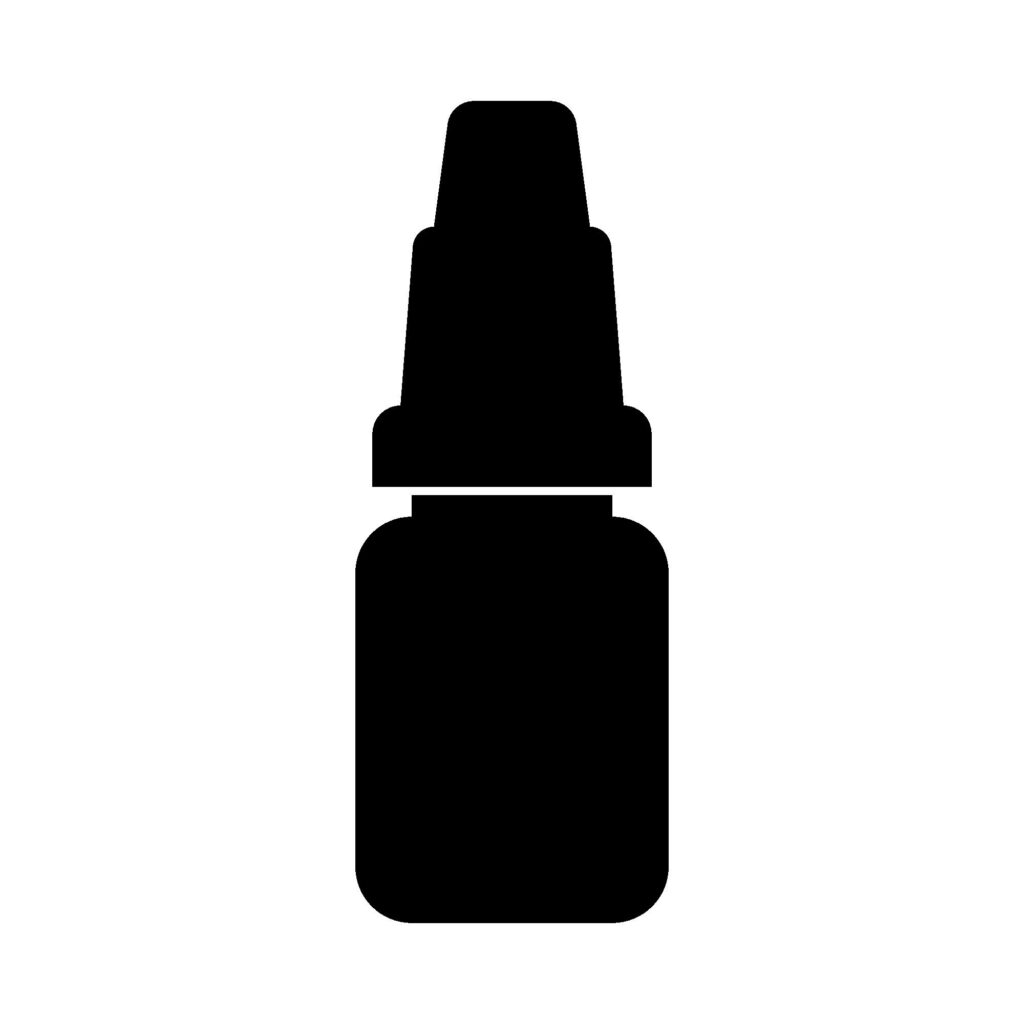The Cosmetics law regulates the manufacture, labeling, marketing and monitoring of cosmetic products. It ensures that cosmetic products are safe for consumers and meet the legal requirements. The relevant provisions for this are contained in the EU Cosmetics Regulation (EC) No. 1223/2009. Supplementary national provisions for the implementation of European cosmetics legislation are contained in Section 4 of the Food and Feed Code (Lebensmittel- und Futtermittelgesetzbuch – LFGB) and in the German Cosmetics Regulation (Kosmetik-Verordnung –KosmetikV 2014).

Cosmetic products are substances or mixtures intended to be placed in contact with the external parts of the human body (epidermis, hair system, nails, lips and external genital organs) or with the teeth and the mucous membranes of the oral cavity, with a view exclusively or mainly to cleaning them, perfuming them, changing their appearance, protecting them, keeping them in good condition or correcting body odors. Cosmetics are to be distinguished from medicinal products, medical devices, biocidal products and food products according to these characteristics. In case of so-called borderline products, this distinction may be complex.
Central areas of cosmetics law:
- Function of the responsible person: Cosmetics may only be placed on the market in the EU for the first time if a responsible person based in the Union for such cosmetics has been designated. The responsible person shall ensure compliance with the regulatory requirements of the EU Cosmetics Regulation. This includes, among other things, the requirements for product safety, good manufacturing practice, safety assessment, the product information file, the notification to the Commission of placing a cosmetic product on the market in the CPNP (Cosmetic Products Notification Portal), compliance with the restrictions on certain substances, the specific requirements for the prohibition of animal testing of cosmetics, the rules for labeling and advertising of cosmetics and cosmetovigilance. The responsible person for a cosmetic manufactured in the Union is the manufacturer established within the Union or a person established within the Union designated by the manufacturer by written mandate. For a cosmetic product imported into the Union, the importer is the responsible person. The importer may also designate, by written mandate, another person established in the European Union as the responsible person. A distributor becomes the responsible person if he places a cosmetic product on the market under his own name or trademark or modifies a product already placed on the market in such a way that compliance with the requirements of the Cosmetics Regulation may be affected.
- Making available on the market by distributors: The distributor acts in the supply chain after the manufacturer or importer. Distributors who make cosmetics available on the market (i.e. supply them for distribution, consumption or use in the Union in the course of a commercial activity) shall verify that the labeling requirements of the Cosmetics Regulation and the KosmetikV 2014 are met and, if applicable, that the best-before date has not expired. In addition, distributors also have a duty to take action if they have reason to believe that a cosmetic product does not meet the requirements of cosmetics law.
- Product safety: Cosmetics made available on the market in the Union must be safe when used under normal or reasonably foreseeable conditions, taking into account, in particular, their presentation in accordance with the Product Safety Regulation (EU) 2023/988, their labeling, their instructions for use and disposal, and any other information provided by the responsible person. The provision of warnings does not release the manufacturer from compliance with the other obligations laid down in the EU Cosmetics Regulation.
- Advertising for cosmetics: The special provisions of Regulation (EU) No. 655/2013 and the provisions of the German Medicinal Products Advertising Act (HWG) apply to the advertising of cosmetic products as far as the advertising claim refers to the detection, elimination or alleviation of illnesses, ailments, physical injuries or pathological complaints.
Cosmetics law is closely interwoven with other areas of law, such as product liability law and Competition Law . It protects the market from unsafe products and in particular from misleading marketing and advertising.
